
Kaloum: The Heartbeat of Conakry
Kaloum, the bustling heart of Conakry, Guinea’s capital, is a captivating blend of modernity and tradition. This vibrant district is the administrative and commercial hub of the city, brimming with energy and life. As you stroll through its streets, you’ll encounter a fascinating mix of colonial architecture and contemporary buildings, reflecting the area's rich history and dynamic present. Kaloum is home to several key landmarks that are a must-visit for any tourist. The Presidential Palace stands as a symbol of the nation’s political heritage, while the Conakry Grand Mosque, one of the largest in West Africa, offers a serene escape amidst the urban hustle. For a taste of local culture, the bustling Marché Niger is the place to be. Here, you can haggle for colorful textiles, fresh produce, and unique handcrafted souvenirs. Nature lovers will find solace in the lush greenery of the Botanical Garden, a tranquil oasis in the midst of the city. The nearby Îles de Los, a group of picturesque islands, are just a short boat ride away and offer stunning beaches and crystal-clear waters, perfect for a day of relaxation. Kaloum’s vibrant nightlife, with its array of restaurants, bars, and clubs, ensures that the district is alive and kicking long after the sun sets.
Local tips in Kaloum
- Visit the Marché Niger early in the morning to avoid the crowds and get the best selection of goods.
- Dress modestly when visiting religious sites like the Conakry Grand Mosque.
- Hire a local guide to explore the hidden gems and understand the rich history of Kaloum.
- Plan a boat trip to Îles de Los for a relaxing day away from the city's hustle.
- Keep some local currency (Guinean Franc) handy, as not all vendors accept credit cards.
Kaloum: The Heartbeat of Conakry
Kaloum, the bustling heart of Conakry, Guinea’s capital, is a captivating blend of modernity and tradition. This vibrant district is the administrative and commercial hub of the city, brimming with energy and life. As you stroll through its streets, you’ll encounter a fascinating mix of colonial architecture and contemporary buildings, reflecting the area's rich history and dynamic present. Kaloum is home to several key landmarks that are a must-visit for any tourist. The Presidential Palace stands as a symbol of the nation’s political heritage, while the Conakry Grand Mosque, one of the largest in West Africa, offers a serene escape amidst the urban hustle. For a taste of local culture, the bustling Marché Niger is the place to be. Here, you can haggle for colorful textiles, fresh produce, and unique handcrafted souvenirs. Nature lovers will find solace in the lush greenery of the Botanical Garden, a tranquil oasis in the midst of the city. The nearby Îles de Los, a group of picturesque islands, are just a short boat ride away and offer stunning beaches and crystal-clear waters, perfect for a day of relaxation. Kaloum’s vibrant nightlife, with its array of restaurants, bars, and clubs, ensures that the district is alive and kicking long after the sun sets.
Iconic landmarks you can’t miss
Grande Mosquée de Conakry
Explore the Grande Mosquée de Conakry, a breathtaking blend of architecture and spirituality in the heart of Guinea's vibrant capital.
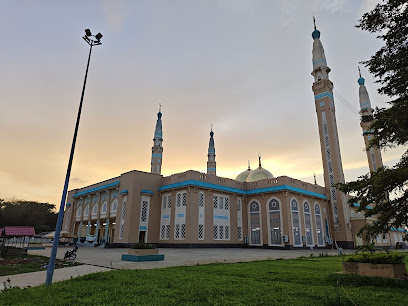
Bluezone de Kaloum
Discover the thrill of Bluezone de Kaloum, Conakry's top amusement center with exciting rides, games, and family fun.
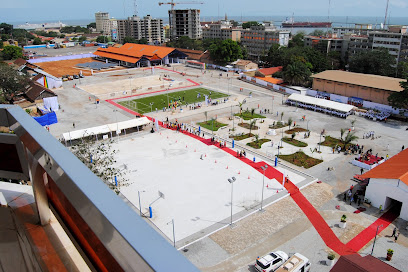
National Museum of Guinea
Uncover Guinea's vibrant cultural heritage at the National Museum of Guinea, showcasing art, history, and traditions that define this West African gem.
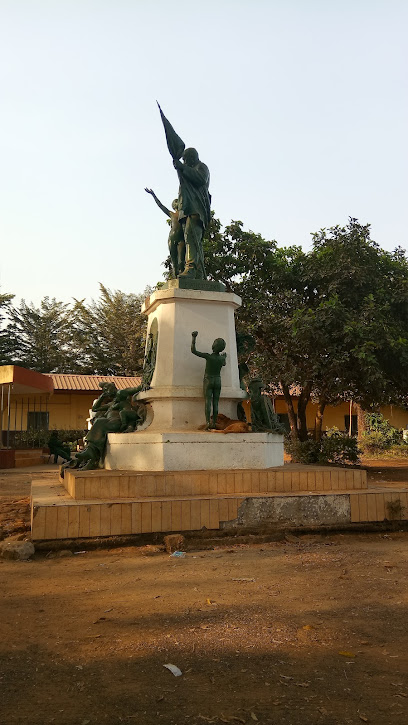
CanalOlympia Kaloum
Discover the latest films and cinematic experiences at CanalOlympia Kaloum, Conakry's premier movie theater, blending modern technology with cultural flair.
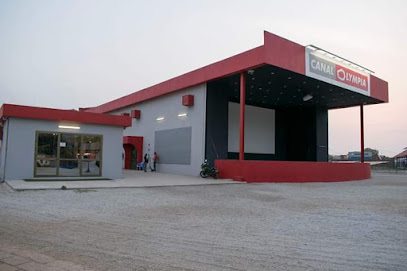
Palais du Peuple
Explore the historic Palais du Peuple in Conakry, a symbol of Guinea's governance and cultural heritage, surrounded by vibrant local life.
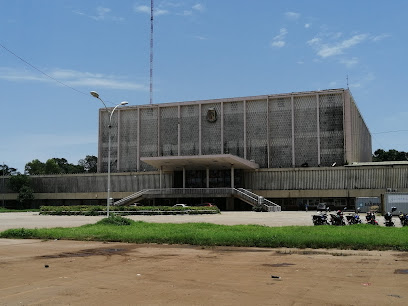
Monument du 22 Novembre
Explore the Monument du 22 Novembre in Conakry, a serene memorial park reflecting Guinea's resilience amidst beautiful gardens and stunning views.
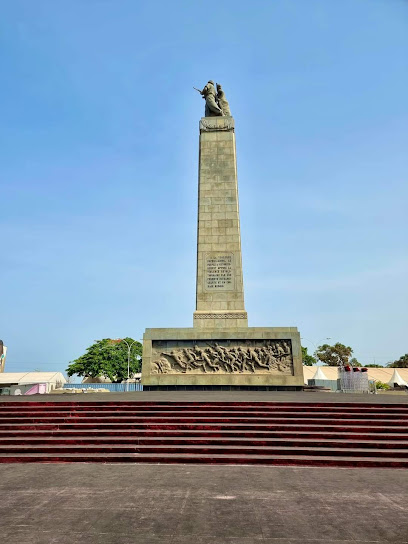
KALOUM -
Explore KALOUM in Conakry, Guinea, where modern construction meets rich cultural heritage in a vibrant urban landscape.
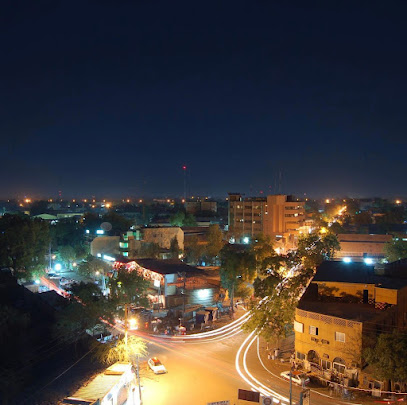
植物園
Discover the natural beauty and tranquility of Plant Park in Conakry, a perfect escape for relaxation and local culture.
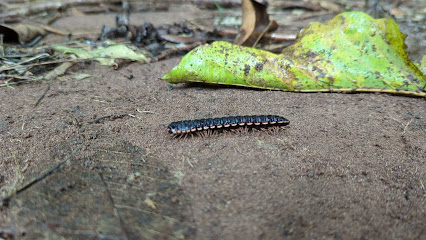
Grande Mosquée de Kaloum
Discover the Grande Mosquée de Kaloum, a stunning architectural marvel and spiritual center in Conakry, embodying the rich Islamic heritage of Guinea.
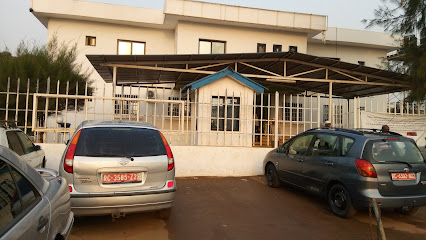
Place des martyrs de la Guinée
Discover the Place des Martyrs de la Guinée, a historical memorial in Conakry celebrating the sacrifices of Guinea's independence heroes.
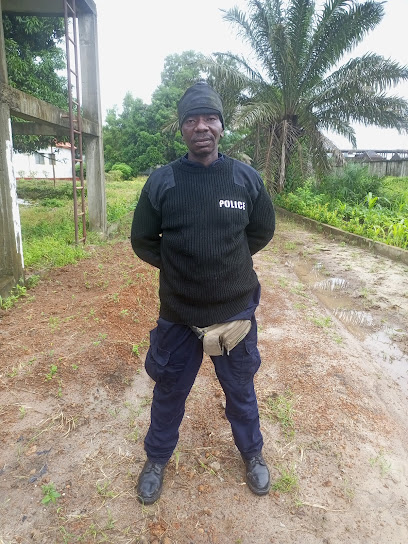
Bleue zone de Kaloum
Experience the tranquil beauty of Bleue Zone de Kaloum in Conakry, Guinea, where stunning ocean views and local culture await every traveler.

Kaloum
Discover the vibrant heart of Conakry, Kaloum, where culture, history, and stunning coastal views come together for an unforgettable experience.

OGPR-GUINEE
Discover the breathtaking beauty of OGPR-GUINEE, a serene weir in Conakry, Guinea, perfect for relaxation and nature exploration.

Unmissable attractions to see
Des Moments Enchantés - Youpii Parc
Experience a world of joy and adventure at Des Moments Enchantés - Youpii Parc in Conakry, Guinea, where family fun comes to life.
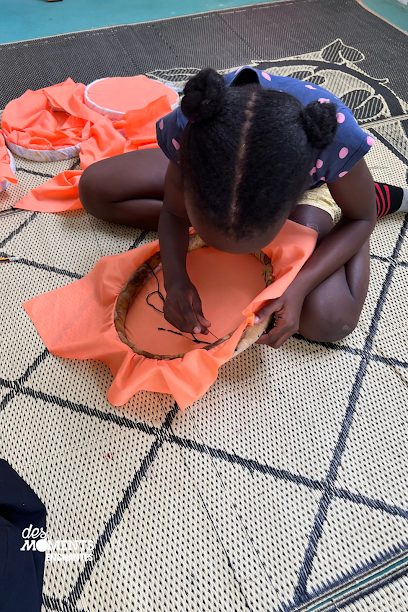
TAKKOMA
Experience the vibrant culture and exquisite cuisine of Guinea at TAKKOMA, Conakry's premier tourist attraction.
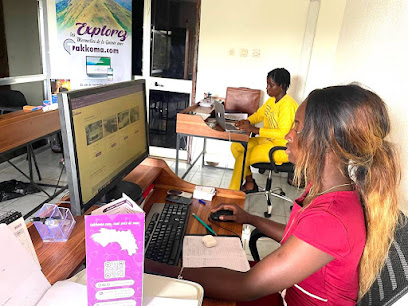
STADE DU KALOUM
Discover the vibrant atmosphere of Stade du Kaloum, a premier stadium in Conakry, where sports and culture unite in an unforgettable experience.

Bleue zone de Kaloum
Experience the breathtaking views and vibrant culture at Bleue Zone de Kaloum, a must-visit coastal attraction in Conakry, Guinea.

Essential places to dine
Kaloum Restaurant
Experience authentic Guinean cuisine at Kaloum Restaurant in Conakry - where every dish tells a story.
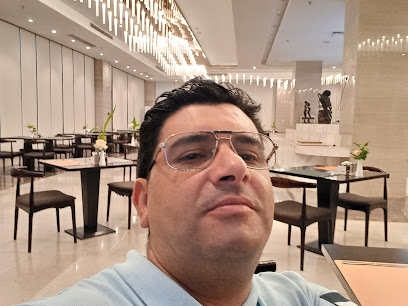
Big FATAYA Kaloum
Discover authentic Guinean cuisine at Big FATAYA Kaloum – a culinary delight in Conakry's scenic Kaloum Peninsula.
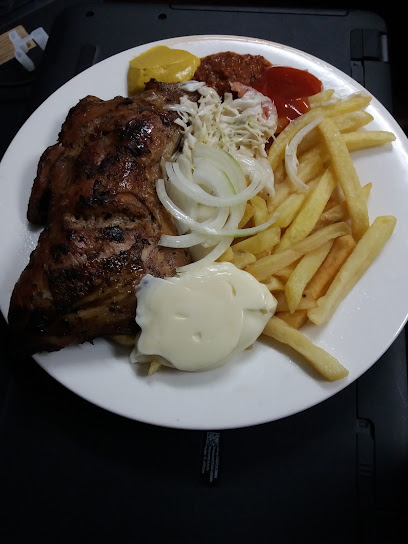
RESTAURANT LE CONSULAT
Experience authentic Guinean flavors at Restaurant Le Consulat in Conakry's vibrant Kaloum Peninsula.
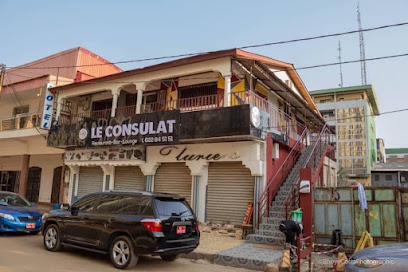
Restaurant FOLIES
Discover Restaurant FOLIES: A Culinary Delight in Conakry Blending Local Flavors with International Cuisine.
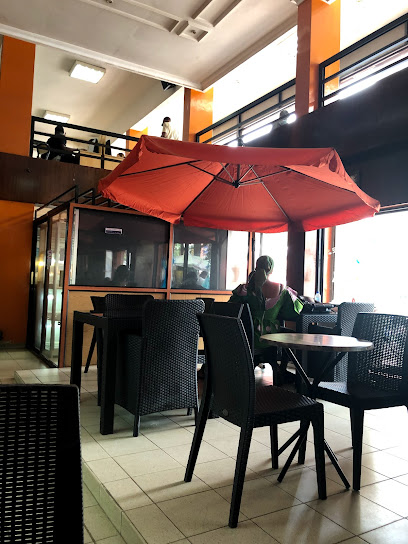
RESTAURANT MAM DELICES
Experience authentic Guinean cuisine at Restaurant Mam Delices on Conakry's picturesque Kaloum Peninsula.

Katia
Experience authentic Guinean cuisine at Katia in Conakry's picturesque Kaloum Peninsula.
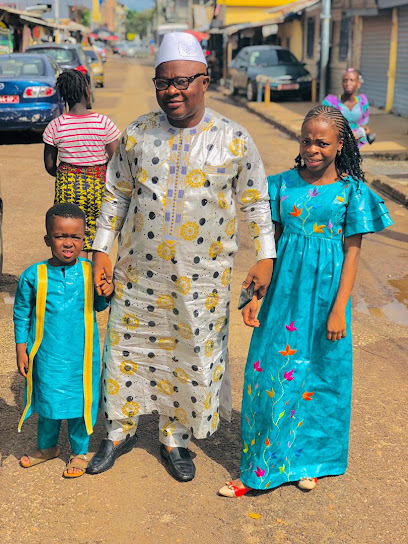
Restaurant Le Teranga
Experience authentic Guinean cuisine at Restaurant Le Teranga in Conakry - where every dish tells a story.

Restaurant Bethel
Experience authentic Guinean flavors at Restaurant Bethel on Kaloum Peninsula - where culinary excellence meets vibrant culture.

Les restaurants @ Délices de Guinée
Experience authentic Guinean cuisine in a family-friendly atmosphere at Délices de Guinée on Kaloum Peninsula.

RESTAURANT SACHA
Experience authentic Guinean cuisine at Restaurant Sacha in Conakry's vibrant Kaloum Peninsula – a culinary journey awaits!

Markets, malls and hidden boutiques
Black And White
Explore the vibrant offerings of Black And White, a supermarket in Conakry, where local flavors and international products create a unique shopping experience.

TIKI STORE 224
Explore TIKI STORE 224 in Conakry for unique clothing and accessories that blend local style with contemporary fashion—perfect for tourists seeking quality.

Bowel 70 Shop Kaloum
Explore Bowel 70 Shop Kaloum for an authentic taste of Guinean fashion, showcasing unique styles that reflect the vibrant culture of Conakry.
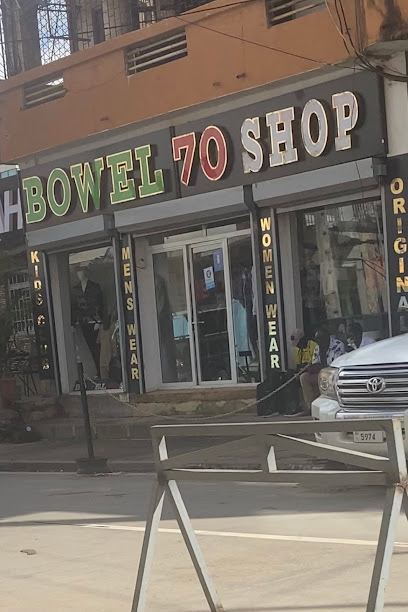
EUROMODE BOUTIQUE ZARA
Explore contemporary fashion at Euromode Boutique Zara in Conakry, Guinea, where local creativity meets global style.
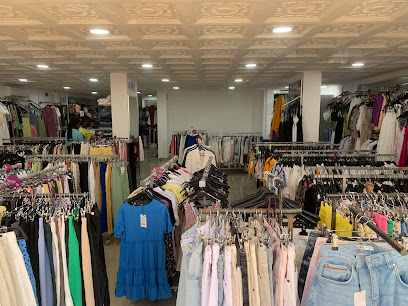
Kaloum Pressing
Discover unique local fashion at Kaloum Pressing in Conakry, where traditional styles meet modern trends in a vibrant shopping atmosphere.
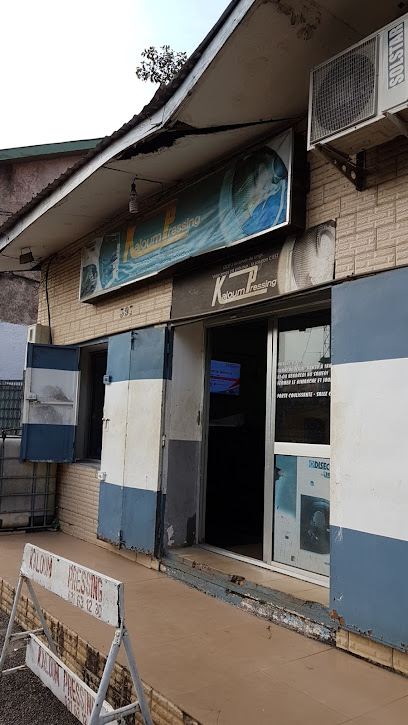
Nano Shop
Explore Nano Shop for unique gifts and authentic Guinean souvenirs in the heart of Conakry, perfect for travelers seeking local treasures.
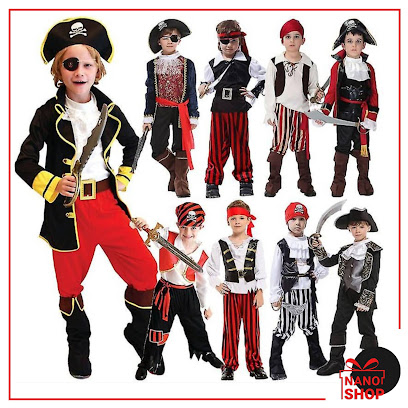
Akbah Md Mix Shop
Explore the vibrant world of print at Akbah Md Mix Shop in Conakry, a treasure trove for magazine lovers and cultural enthusiasts.
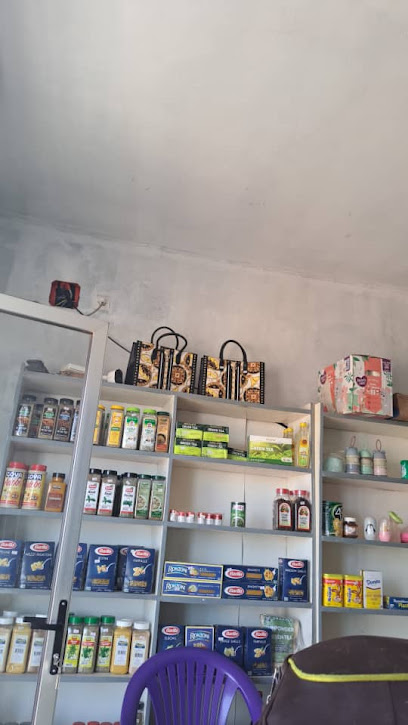
Lancine Galerie
Explore the elegance of Guinean craftsmanship at Lancine Galerie, where unique furniture meets contemporary design in Conakry.
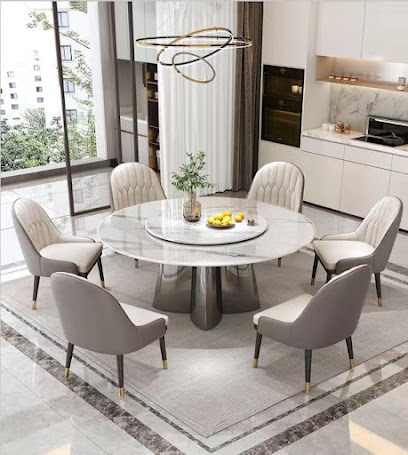
Diak-Collection
Discover exquisite handbags and cultural craftsmanship at Diak-Collection, a must-visit boutique in Conakry, Guinea.
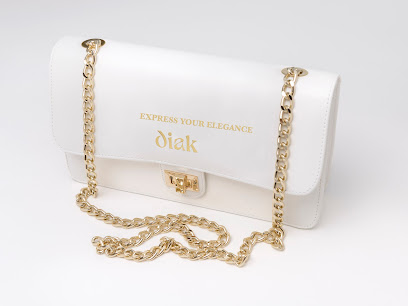
Centre Artisanal
Explore the vibrant craftsmanship of Guinea at Centre Artisanal in Conakry, showcasing unique handmade treasures that reflect local culture.
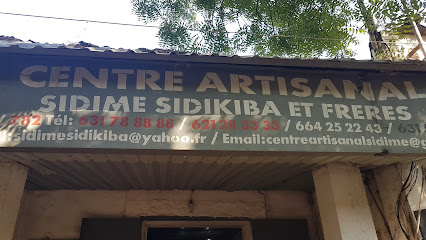
Essential bars & hidden hideouts
MLS Lounge Bar
Discover the vibrant nightlife at MLS Lounge Bar, Conakry's premier destination for cocktails, live music, and unforgettable experiences.
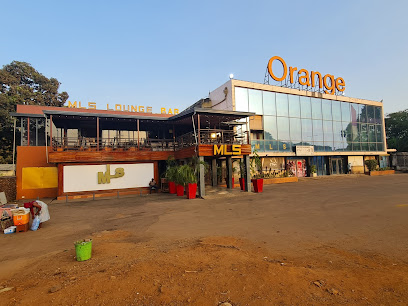
Frock Man
Discover the vibrant atmosphere of Frock Man, Conakry's favorite beer hall, offering refreshing drinks and live music for an unforgettable experience.
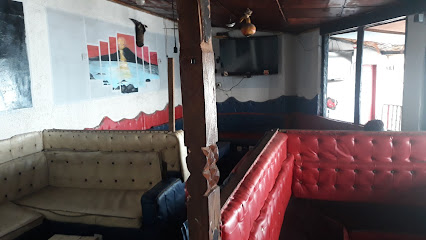
Konvict Club Lounge Bar
Discover the vibrant nightlife and local culture at Konvict Club Lounge Bar, a must-visit destination in Conakry, Guinea.
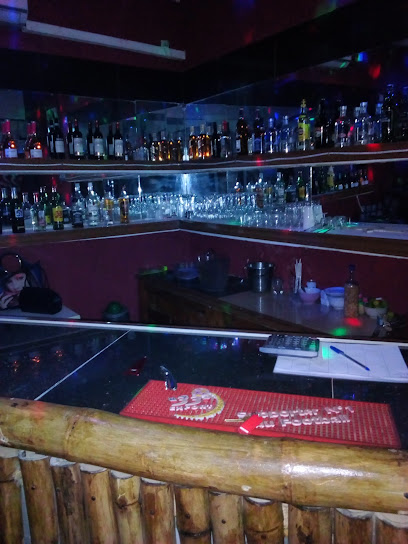
Stony hills
Discover the vibrant nightlife at Stony Hills, a lively bar in Conakry offering unique drinks and a captivating atmosphere for all visitors.
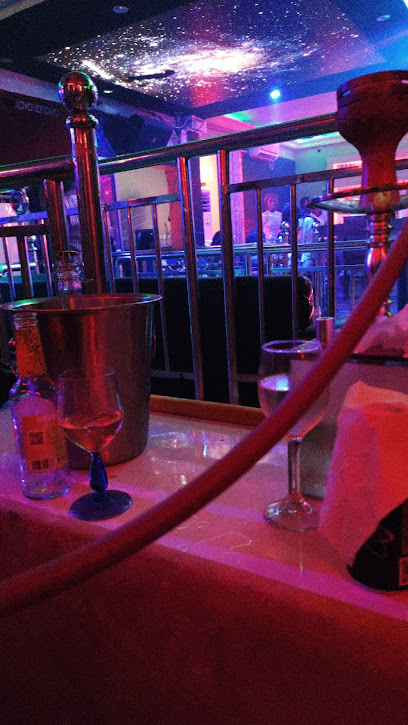
Bar restaurant l'océan
Experience the rich flavors of Guinea at Bar Restaurant L'Océan, where coastal cuisine meets stunning ocean views.

Le Grenier
Discover the charm of Le Grenier, a cozy bar in Conakry, offering a perfect blend of local flavors and warm hospitality for every traveler.

WIFI VIP LOUNGE
Discover relaxation at WIFI VIP Lounge in Conakry, where modern amenities meet a cozy atmosphere for the perfect escape.

Bar m'a joie
Experience the vibrant nightlife of Conakry at Bar m'a joie, where local culture meets refreshing drinks and friendly faces.

Boubmoney
Discover the vibrant nightlife of Conakry at Boubmoney, where locals and tourists gather for refreshing drinks and lively entertainment.

Marguerita lounge
Discover the vibrant nightlife of Conakry at Marguerita Lounge, a perfect blend of relaxation and entertainment with local flavors.

Local Phrases
-
- HelloSalam
[sa-lam] - GoodbyeDeh-oh
[de-oh] - YesEe
[ee] - NoAyi
[ayi] - Please/You're welcomeMar-si
[mar-see] - Thank youFara-ma-si
[fa-ra-ma-see] - Excuse me/SorryPa-ma-si
[pa-ma-see] - How are you?O-deh-oh?
[o-deh-oh] - Fine. And you?Nyoo, O-deh-oh?
[nyoo, o-deh-oh] - Do you speak English?O-teh-kay In-glay?
[o-teh-kay in-glay] - I don't understandNyoo kay ma-fo
[nyoo kay ma-fo]
- HelloSalam
-
- I'd like to see the menu, pleaseNyoo o-gley men-yoo, mar-si
[nyoo o-gley men-yoo, mar-see] - I don't eat meatNyoo kay ma-ley nyama
[nyoo kay ma-ley nyama] - Cheers!A-ma-leh!
[a-ma-leh] - I would like to pay, pleaseNyoo o-gley pa-ee, mar-si
[nyoo o-gley pa-ee, mar-see]
- I'd like to see the menu, pleaseNyoo o-gley men-yoo, mar-si
-
- Help!Seh-coor!
[seh-coor] - Go away!Bar-ko!
[bar-ko] - Call the Police!Seh-coor po-leece!
[seh-coor po-leece] - Call a doctor!Seh-coor dohk-toor!
[seh-coor dohk-toor] - I'm lostNyoo ay-oo say-ye
[nyoo ay-oo say-ye] - I'm illNyoo ay-oo ma-na
[nyoo ay-oo ma-na]
- Help!Seh-coor!
-
- I'd like to buy...Nyoo o-gley a-cha-teh...
[nyoo o-gley a-cha-teh] - I'm just lookingNyoo kay o-gley to-ko
[nyoo kay o-gley to-ko] - How much is it?Deh-oh-chi?
[de-oh-chee] - That's too expensiveO-wa, deh-oh-chi
[o-wa, de-oh-chee] - Can you lower the price?O-teh-kay leh-ney deh-oh-chi?
[o-teh-kay leh-ney deh-oh-chee]
- I'd like to buy...Nyoo o-gley a-cha-teh...
-
- What time is it?Teem kay deh-oh?
[teem kay deh-oh] - It's one o'clockLa-weh kay
[la-weh kay] - Half past (10)Deh-mee-la (10)
[deh-mee-la] - MorningBo-kwa
[bo-kwa] - AfternoonBah-rah
[bah-rah] - EveningLee-yah
[lee-yah] - YesterdayEe-ma-lee
[ee-ma-lee] - TodayA-zoo
[a-zoo] - TomorrowDeh-mah
[deh-mah] - 1Ko-lo
[ko-lo] - 2Nee
[nee] - 3San
[san] - 4Tay
[tay] - 5Seh
[seh] - 6Soh
[soh] - 7See-tee
[see-tee] - 8Wee-lo
[wee-lo] - 9Nah-wee
[nah-wee] - 10Lahn
[lahn]
- What time is it?Teem kay deh-oh?
-
- Where's a/the...?Deh-oh eh-lee...?
[de-oh eh-lee] - What's the address?Deh-oh ay-drehs?
[de-oh ay-drehs] - Can you show me (on the map)?O-teh-kay show kay (on dee map)?
[o-teh-kay show kay] - When's the next (bus)?Deh-oh lee-see-tay (bus)?
[de-oh lee-see-tay] - A ticket (to ....)Un bi-leh (to ....)
[un bi-leh]
- Where's a/the...?Deh-oh eh-lee...?
History of Kaloum
-
Kaloum, the historical heart of Conakry, was established during the French colonial era in the late 19th century. It served as the administrative center of French Guinea, with colonial buildings and infrastructure being developed to support the growing European presence. The architecture from this period reflects a blend of local and European styles, symbolizing the complex interactions between colonizers and the indigenous population.
-
In the mid-20th century, Kaloum became a focal point for nationalist movements in Guinea. The area witnessed significant political activities that aimed to end colonial rule. Prominent leaders, including Ahmed Sékou Touré, rallied support from residents in Kaloum, laying the groundwork for the eventual declaration of independence in 1958. This period was marked by public gatherings and demonstrations advocating for self-determination.
-
Following independence, Kaloum continued to evolve as the political and economic hub of Guinea. The establishment of government institutions and embassies in the neighborhood during the 1960s and 1970s solidified its status as the center of power. The construction of notable buildings such as the People's Palace and the National Museum of Guinea reflected the new national identity and aspirations of the Guinean people.
-
The 1990s brought significant challenges to Kaloum, as Guinea faced political turmoil and economic difficulties. Protests and civil unrest were common as citizens demanded political reforms and better living conditions. Despite these challenges, Kaloum's residents demonstrated resilience, fostering a vibrant community culture that included music, art, and local markets that became essential to daily life.
-
In recent years, Kaloum has emerged as a center for cultural revival, with numerous initiatives aimed at promoting Guinean heritage. Festivals celebrating traditional music, dance, and art have become more prominent, attracting both locals and tourists. The neighborhood's rich cultural tapestry, influenced by its history and the diversity of its population, continues to play a crucial role in shaping Conakry's identity.
Kaloum Essentials
-
Kaloum is centrally located in Conakry and can be accessed via various means of transportation. From the Conakry International Airport, taxis and ride-sharing services are available, typically taking around 30 minutes depending on traffic. If you are coming from other neighbourhoods, public transport options include shared taxis (often called 'clandos') that operate throughout the city. These shared taxis are a cost-effective option, but be prepared for a crowded ride. Buses are also available, with routes connecting Kaloum to popular areas in Conakry.
-
Kaloum is relatively small and easy to navigate on foot, especially around its main streets and attractions. For longer distances, shared taxis and motorbike taxis (called 'bikes') are widely available. Public buses operate within the area, but their schedules can be erratic. Renting a bicycle is an option for those looking to explore the neighbourhood at a leisurely pace, but be cautious of traffic conditions.
-
While Kaloum is generally safe for tourists, it is advisable to remain vigilant, particularly in areas like the Grand Mosque and the port, where petty crime can occur. Avoid walking alone late at night, especially in less populated areas. It is best to steer clear of the outskirts of Kaloum after dark, as they can be less secure.
-
In case of an emergency, dial 116 for police assistance and 121 for medical emergencies in Guinea. It is advisable to know the location of the nearest hospital, which in Kaloum is the Donka Hospital. Make sure to have travel insurance that covers medical expenses. Local pharmacies can provide basic health supplies, but for serious issues, medical facilities should be sought immediately.
-
Fashion: Do dress modestly, particularly in religious sites. Avoid overly revealing clothing. Religion: Do respect local customs, and when visiting mosques, ensure to cover your head as a sign of respect. Public Transport: Do offer your seat to elderly passengers. Don't eat or drink in public transport. Greetings: Do greet people warmly with a handshake and a smile. Eating & Drinking: Do try local dishes and accept food offers. Don't decline hospitality, as it can be seen as rude.
-
To experience Kaloum like a local, visit the vibrant markets such as the Marché Madina, where you can find fresh produce, textiles, and local crafts. Engage with vendors and locals to learn more about their culture and traditions. Sample street food from local vendors, but ensure it’s cooked fresh to avoid health issues. Attend local events or festivals if you have the chance, as they provide insight into the rich cultural heritage of Guinea.
Nearby Cities to Kaloum
-
Things To Do in Port Loko
-
Things To Do in Magburaka
-
Things To Do in Quebo
-
Things To Do in Bonthe
-
Things To Do in Buba
-
Things To Do in Pujehun
-
Things To Do in Faranah
-
Things To Do in Kenema
-
Things To Do in Bissau
-
Things To Do in Canchungo
-
Things To Do in Voinjama
-
Things To Do in Janjanbureh
-
Things To Do in Monrovia
-
Things To Do in Soma
-
Things To Do in Farafenni






